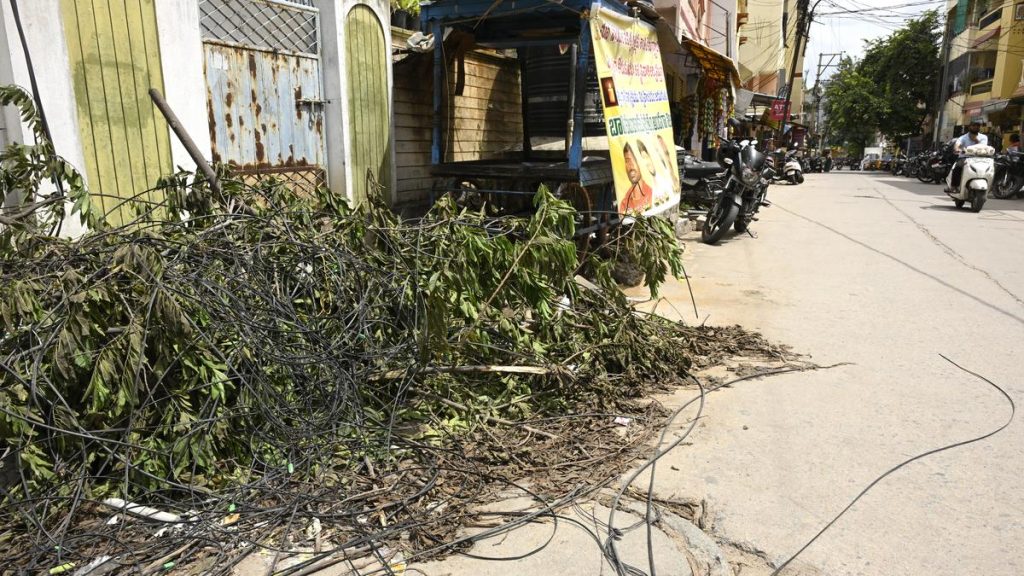The Kerala High Court has saeid…
Now Reading: Kerala HC: Daughters Have Equal Rights in Hindu Undivided Family Property
-
01
Kerala HC: Daughters Have Equal Rights in Hindu Undivided Family Property
Kerala HC: Daughters Have Equal Rights in Hindu Undivided Family Property

Quick Summary:
- The kerala high Court clarified that daughters of Hindu families whose fathers passed away post-December 20, 2004 are entitled to equal shares in the Hindu Undivided Family (HUF) property in Kerala.
- The court noted that the Kerala Joint Hindu Family System (Abolition) Act,1975 (Sections 3 and 4) conflicts with Section 6 of the Hindu Succession (Amendment) Act,2005.
- The former Act denies birthright claims on ancestral property and converts hufs into tenancy-in-common structures, which contradicts the coparcenary rights granted to daughters under the latter act.
- Justice Easwaran highlighted that a father cannot legally favor only one heir when distributing ancestral property; inheritance law mandates equal shares for all legal heirs, including daughters.
- The ruling was part of a partition suit filed by daughters seeking their rightful share in their late father’s ancestral property. Defendants opposed this based on a will allegedly left by the father and cited provisions from the outdated State law to exclude daughters from coparcenary rights in Kerala.
- An amicus curiae submitted observations regarding inconsistencies between State and central laws.
Indian Opinion Analysis:
The Kerala High Court’s verdict underscores an essential step towards ensuring gender equality within inheritance laws across India. By upholding Central legislation over conflicting State provisions from an older era,this judgment reinforces adherence to constitutional principles advocating non-discrimination against women. This case is particularly notable for women in Kerala who may have been denied their lawful coparcenary rights due to past discrepancies.
Additionally, legal clarity provided through such judgments helps eliminate ambiguities arising from overlapping or contradictory legislative frameworks between State Acts and national amendments like those introduced under the Hindu Succession Act of 2005. While resolving specific cases like this one brings justice at an individual level, it also signals broader progress toward harmonizing gender-sensitive inheritance norms countrywide.
This judicial clarification could encourage more daughters in similar situations across other states with conflicting laws or practices to assert their entitlements confidently while reaffirming faith in India’s evolving legal landscape on women’s rights.
Read more:























